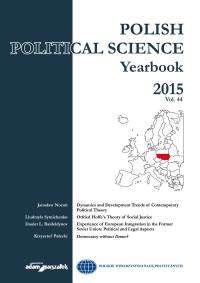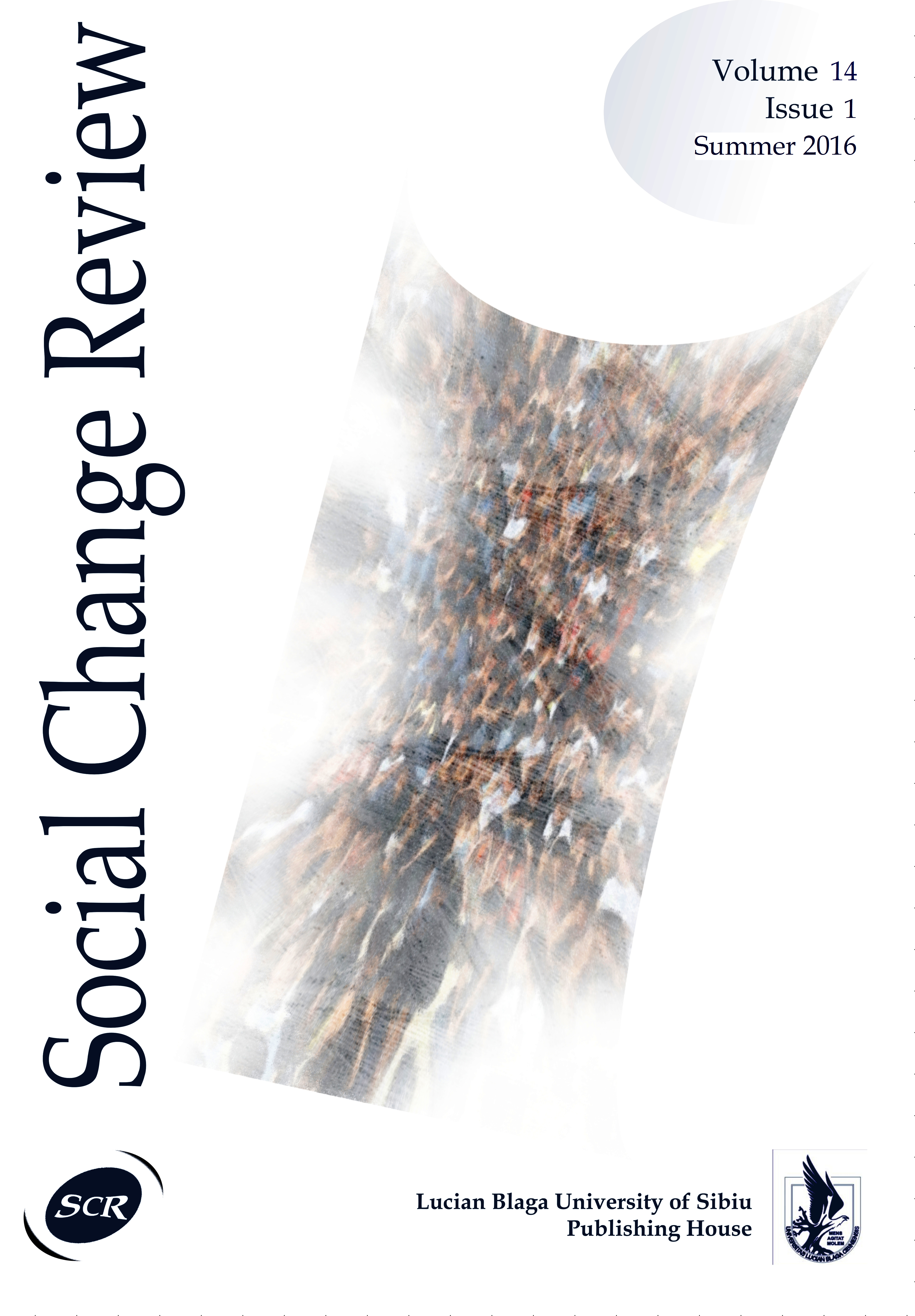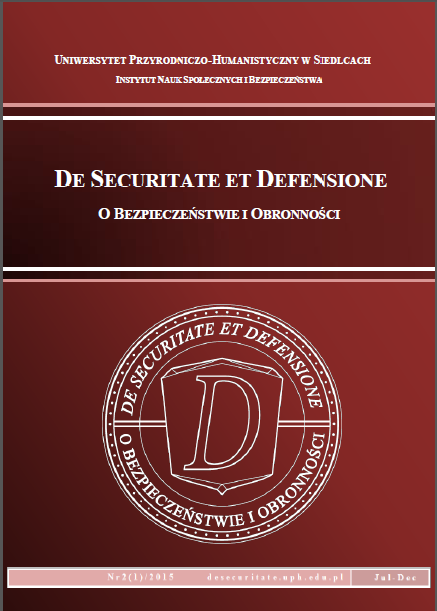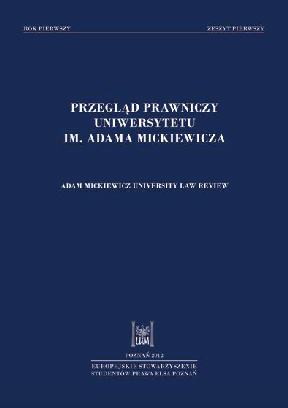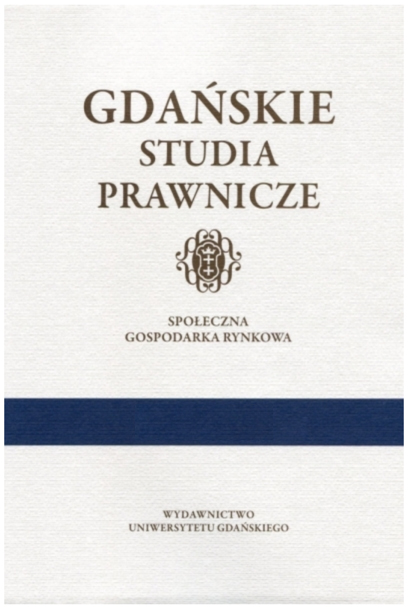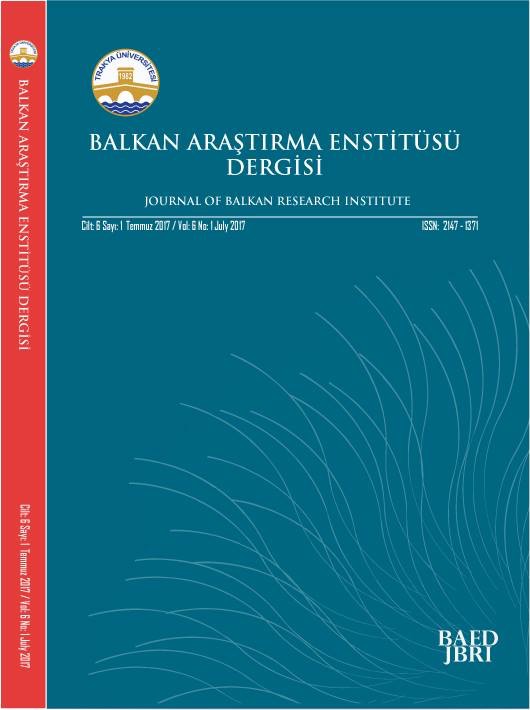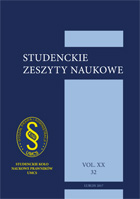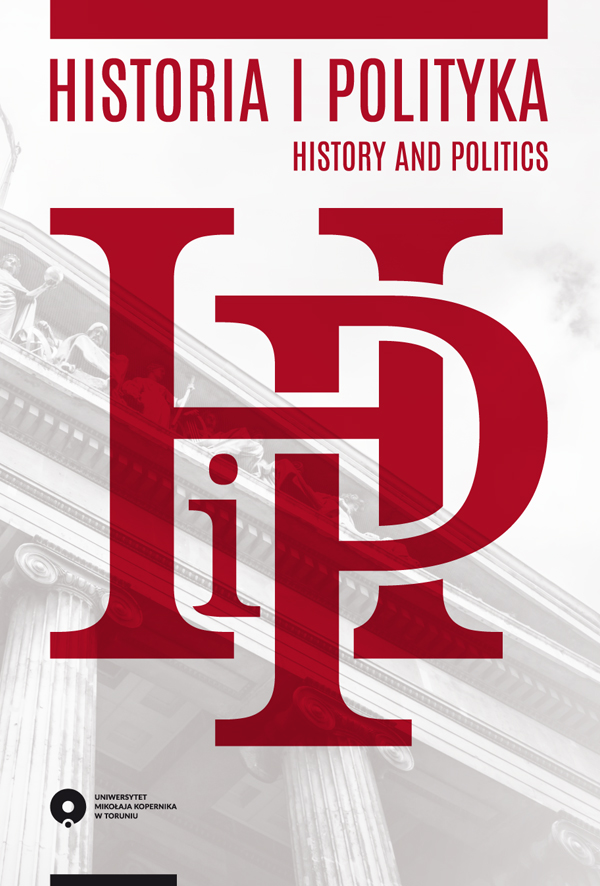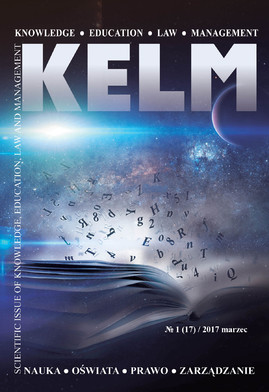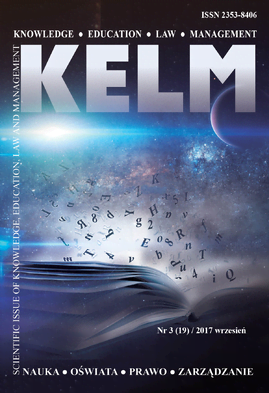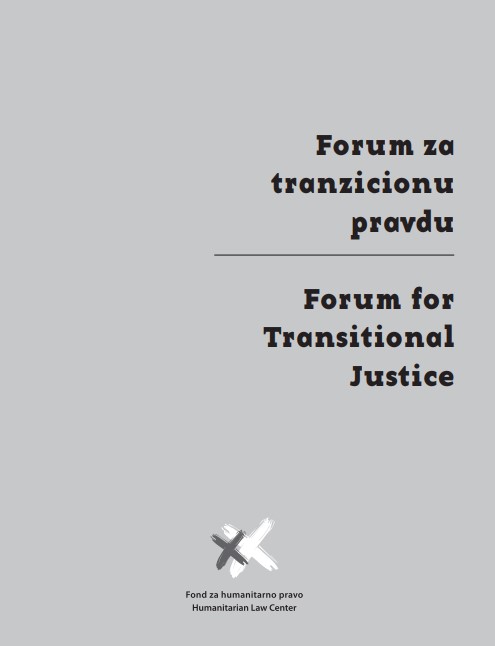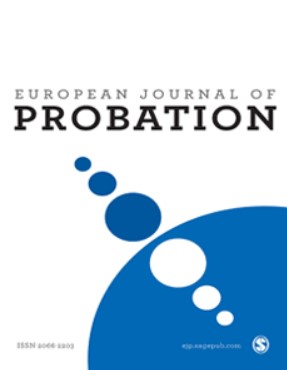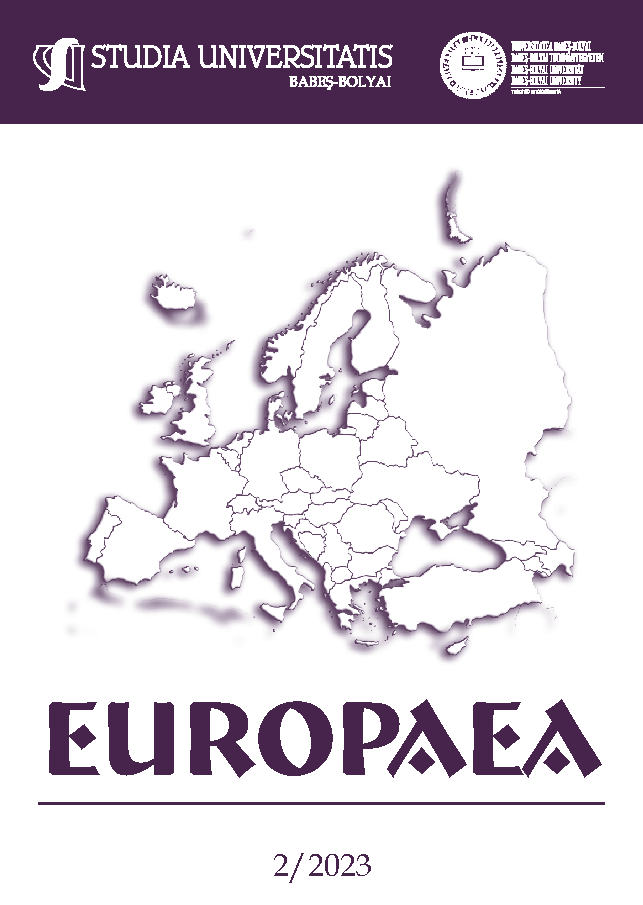Author(s): Ljubo S. Pejanović,Mile Rakić,Dragana peči / Language(s): Serbian
Issue: 01/2016
Rad ukazuje na problematiku koja se odnosi na neke pretnje nasiljem kojem pribegavaju određene destruktivne skupine ili pojedinci u državi. Svako destruktivno ugrožavanje kapaciteta sistema bezbednosti države i njenih građana predstavlja stalnu i veliku pretnju i bezbednosni rizik za državu i društvo u celini. Posledice ugrožavanja se najčešće manifestuju na zdravlje i život ljudi, imovinu i druge vrednosti građana, kao i kapacitete države. U lepezi navedenih oblika i vrsta ugrožavanja ljudske bezbednosti najčešće se ispoljavaju oružane pretnje, agresija, terorizam, obaveštajne aktivnosti, zločinačko udruživanje, organizovani kriminalitet, korupcija, destruktivne sekte, huliganstvo i druge kriminalne aktivnosti. Destruktivno nasilje je uvek usmereno na pretnju i nanošenje straha, motivisano ilegalnim sticanjem finansijske dobiti koja se usmerava na produkciju daljih oblika ugrožavanja kroz finansiranje terorističkih i kriminalnih organizacija, nabavku savremenog oružja, plaćanje raznih usluga itd. Oružane pretnje i intervencije usmerene su na dominaciju, okupaciju ili uticaj na žrtvu – pojedinca, grupu ili državu. Terorističke akcije najčešće su usmerene na ostvarivanje određenih političkih ciljeva kroz pretnje i izazivanje straha, ali i ljudske i materijalne gubitke. Specijalne obaveštajne aktivnosti usmerene su na otkrivanje relevantnih podataka i informacija u cilju sprečavanja oblika nasilja prema državi i njenim građanima.1 Zločinačka udruženja predstavljaju veliku pretnju za bezbednosni sistem države, u ovom slučaju Republike Srbije, jer primenjuju različite oblike i metode delovanja – pljačke, iznude, prinude, ucene i likvidacije određenih ličnosti sa ciljem izazivanja straha kod vlasti i stanovništva, sticanja materijalne koristi i uticaja na vlast u državi. Organizovani kriminalitet predstavlja pretnju izvršenjem različitih oblika kriminalnog nasilja koje je primenom koruptivnih radnji ili aktivnosti usmereno na vrednosti pojedinaca ili države. Danas smo svedoci i kriminalnih aktivnosti destruktivnih sekti koje uz terorističke akcije sprovode nasilje i nad svojim članovima, kao i članovima njihovih porodica. Huliganstvo, takođe, kao društvena pojava novijeg doba predstavlja veliku pretnju po celokupan sistem bezbednosti države. Metodom uporedne analize sadržaja dokumenata relevantnih za oblast nasilja i ugrožavanja bezbednosti došlo se do zaključka da su vrste nasilja i destruktivno ugrožavanje bezbednosti države u stalnom porastu.
More...
